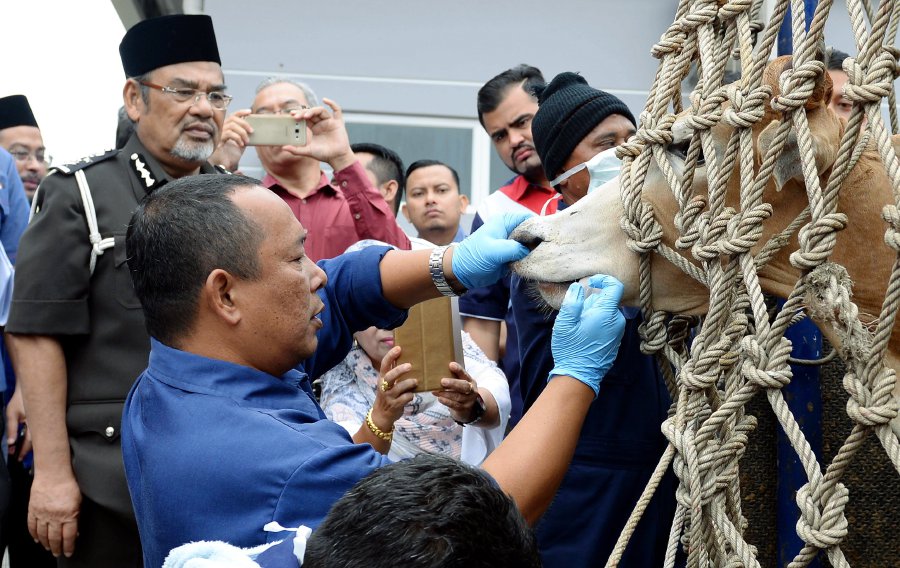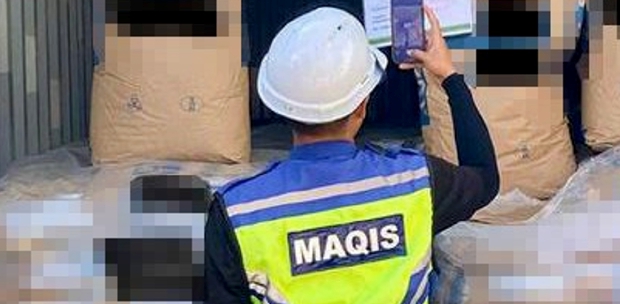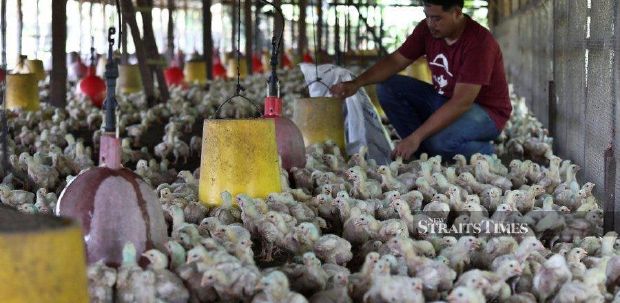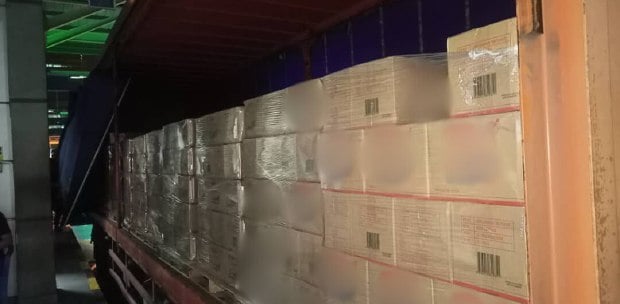BUKIT KAYU HITAM: The new Department of Malaysian Quarantine and Inspection Service (Maqis) building is expected to boost import and export activities involving livestock, poultry, carcasses and plants through Malaysia-Thai border checkpoint here.
Deputy Agriculture and Agro-based minister Datuk Seri Tajuddin Abdul Rahman said the facilities which were located at the new Immigration, Customs and Quarantine Complex here served as a long term solution to cater to the increasing volume of imported as well as exported animals and plants between Malaysia and the neighbouring country.
He said the volume of lorries and cargoe inspected by Maqis increased every year and this year recorded about 50 per cent hike compared to the previous year.
Tajuddin said that despite the building being occupied and operational, there were still a few part of the construction which had yet to be completed.
He was informed that the facilities would be fully ready by end of the year which would further smoothen Maqis operation at the border checkpoint especially during peak hours.
"The new facilities provide more convenience and comfortable working environment for the Maqis staff besides being able to cater to higher capacity of livestock and plants being processed before entering or leaving the country more efficiently," he said at a lress conferrence during his visit to the complex here today.
"This is to ensure the animals and plants are safe to be imported or exported and would not pose any harm to the health of the receiving party or the public.
"Other procedures such as permit application and security enforcement remain the same as previously before the facilities shifted to the new complex."





